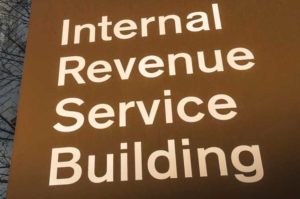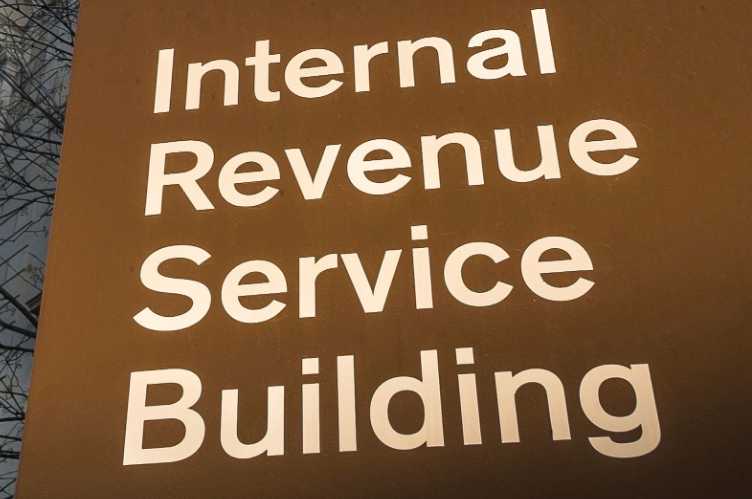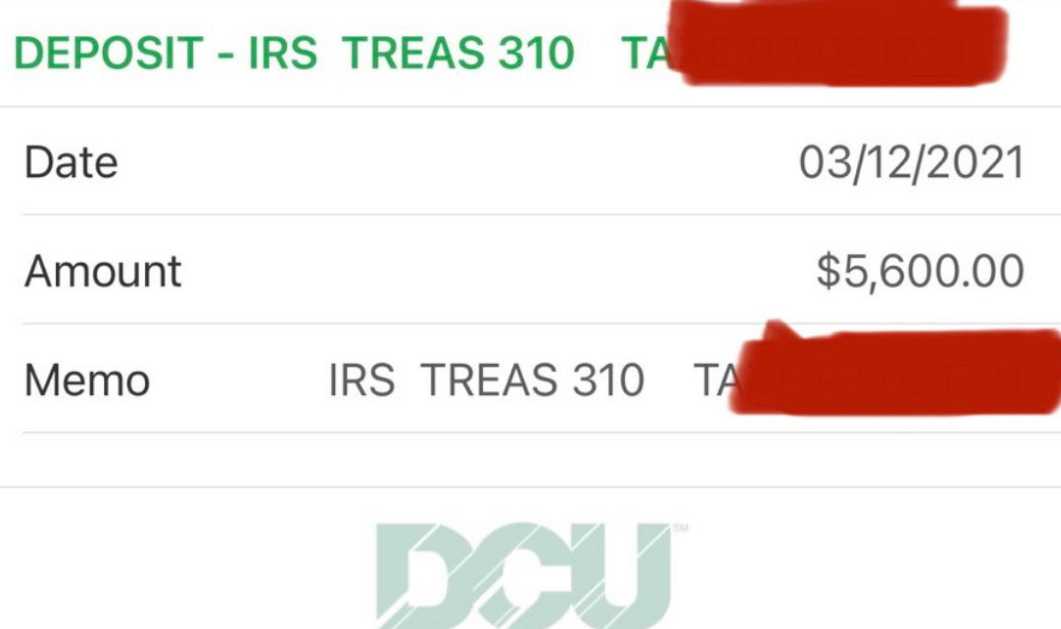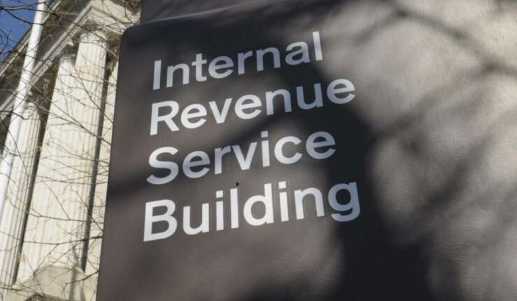 It’s a day few people in the United States look forward to.
It’s a day few people in the United States look forward to.
Tax Day is April 15, which means Americans have until Monday to either file their income tax return for 2023 or request an extension.
As of March 29, the Internal Revenue Service, or IRS, had received more than 90 million tax returns, most of which were filed electronically. About 68% of those 90 million got refunds, which averaged $3,050.
But procrastination is the norm for many, and millions of other tax returns are expected to be filed in the days leading up to the deadline next week. Most Americans have to abide by the April 15 deadline, but state holidays mean residents of Maine and Massachusetts have until April 17.
If an individual is unable to complete their taxes by the deadline, they can file for an extension with the IRS, which gives them an additional six months.
Common tax deductions include property taxes, charitable contributions and medical expenses.
The Civil War and its accompanying financial requirements prompted the first federal income tax on Americans in 1861. The system was modified over the decades, and Congress passed the 16th Amendment in 1909. After it was ratified in 1913, it established the right of Congress to impose a federal income tax.
Nowadays, individual income taxes are the U.S. government’s biggest source of revenue, according to the Office of Management and Budget.
For fiscal year 2024, the federal government expects to collect about $2.5 trillion in individual income taxes, accounting for nearly half of its total estimated receipts for the year. By comparison, corporate income taxes make up a much smaller share.
Corporate income taxes are estimated to bring in $612.8 billion, or just 12% of this fiscal year’s federal receipts.
For some, tax season may be a touchy time. A little more than half of U.S. adults feel as if they pay more than what is fair, considering what they get in return from the federal government, according to a 2023 survey from Pew.
Questions surrounding taxes have long been political in the United States.
Most Americans — about six in 10 U.S. adults — think companies and wealthy people don’t pay their fair share of taxes, with Democrats much more likely than Republicans to feel this way,according to the Pew survey.
Nearly two-thirds of Americans support raising taxes on large businesses and companies, and a comparable number support higher tax rates on households with annual incomes above $400,000, according to Pew.
Taxing the country’s richest people is again a top issue in the lead-up to the presidential election in November.
In March, President Joe Biden revealed a plan that would raise more than $4.5 trillion in new taxes over the next decade, mainly by targeting corporations. He is also proposing a 25% tax on people who claim more than $100 million in assets.
[content id=”52927″][content id=”79272″]





